Current IPIA Scholars
|
|
|
|
Elizabeth Goldberg – PhD Student |
|
|
|
|
|
|
|
|
|
|
|
Maria is a Ukrainian Métis woman residing on Treaty 6 territory. Her family comes from across the prairies, and is connected to the Métis families of Lavallee, Piche, Arcand, Vandale, Anderson, Cayen, McGillis, Grant, Poitras, Ross, Short, McKay, and many others. She holds a Bachelor of Arts (Honours) in Anthropology from the University of Alberta. She is working on her Masters under Dr. Kisha Supernant. Her research will focus on looking at Métis deathscapes as a form of erasure, dispossession, and reconnection, seeking to identify areas that have a high potential for Métis connections and work toward recognizing and commemorating the Métis ancestors in these places. |
|
|
Lyndsay received her BSc in Anthropology from the University of Victoria in June of 2022 and then moved to Edmonton to work with Dr. Kisha Supernant at the Institute of Prairie and Indigenous Archaeology. Lyndsay's MA research involves using geospatial technologies including Ground Penetrating Radar (GPR) and GIS to do non-invasive archaeological research. In particular, her research focuses on using these non-invasive technologies to investigate burials and their placement in the landscape at the request of communities in order or to not only locate burials but to also gain insight into the people who participated in the burial. |
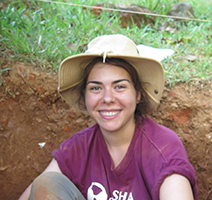
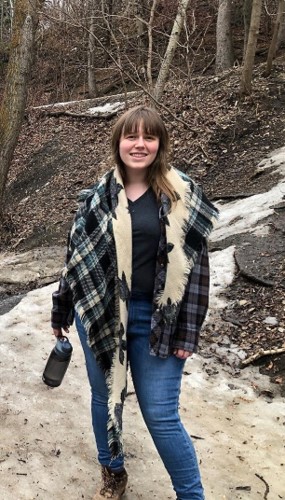
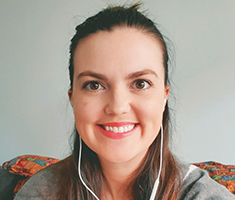
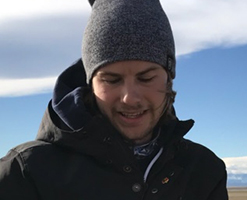
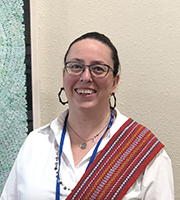
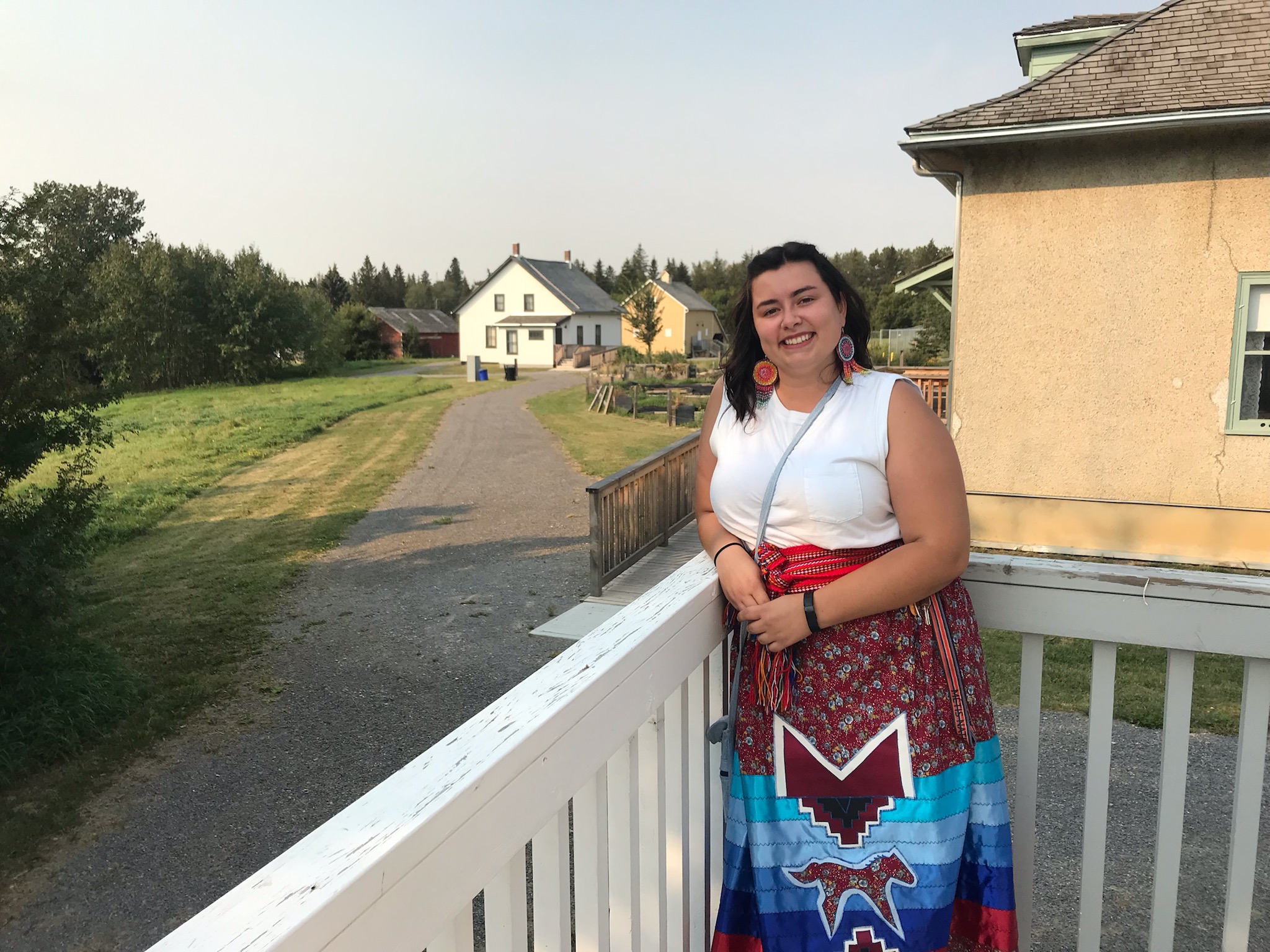 Maria Nelson - MA Student
Maria Nelson - MA Student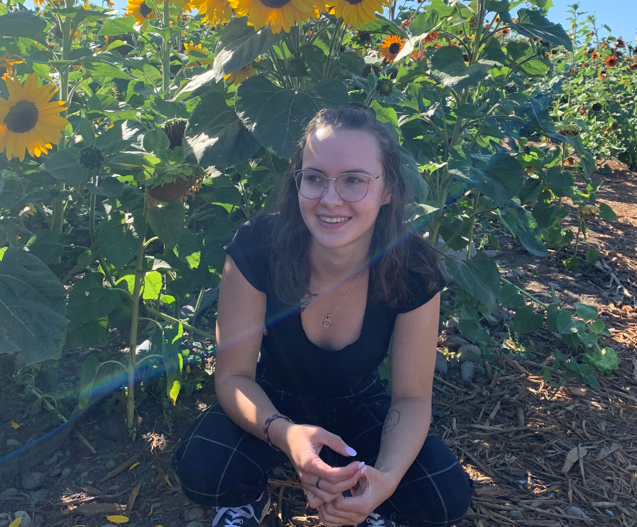 Lyndsay Dagg - MA Student
Lyndsay Dagg - MA Student